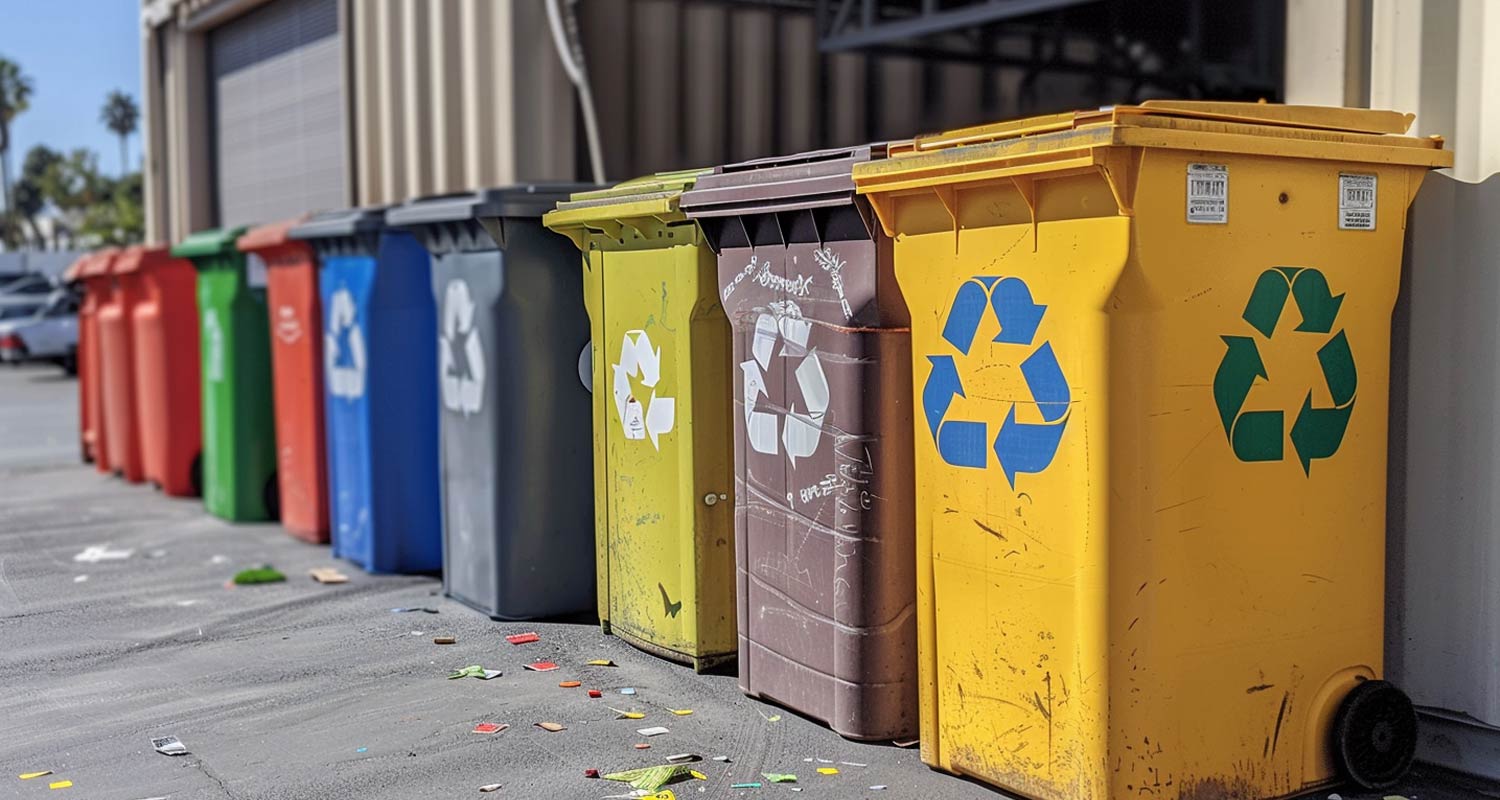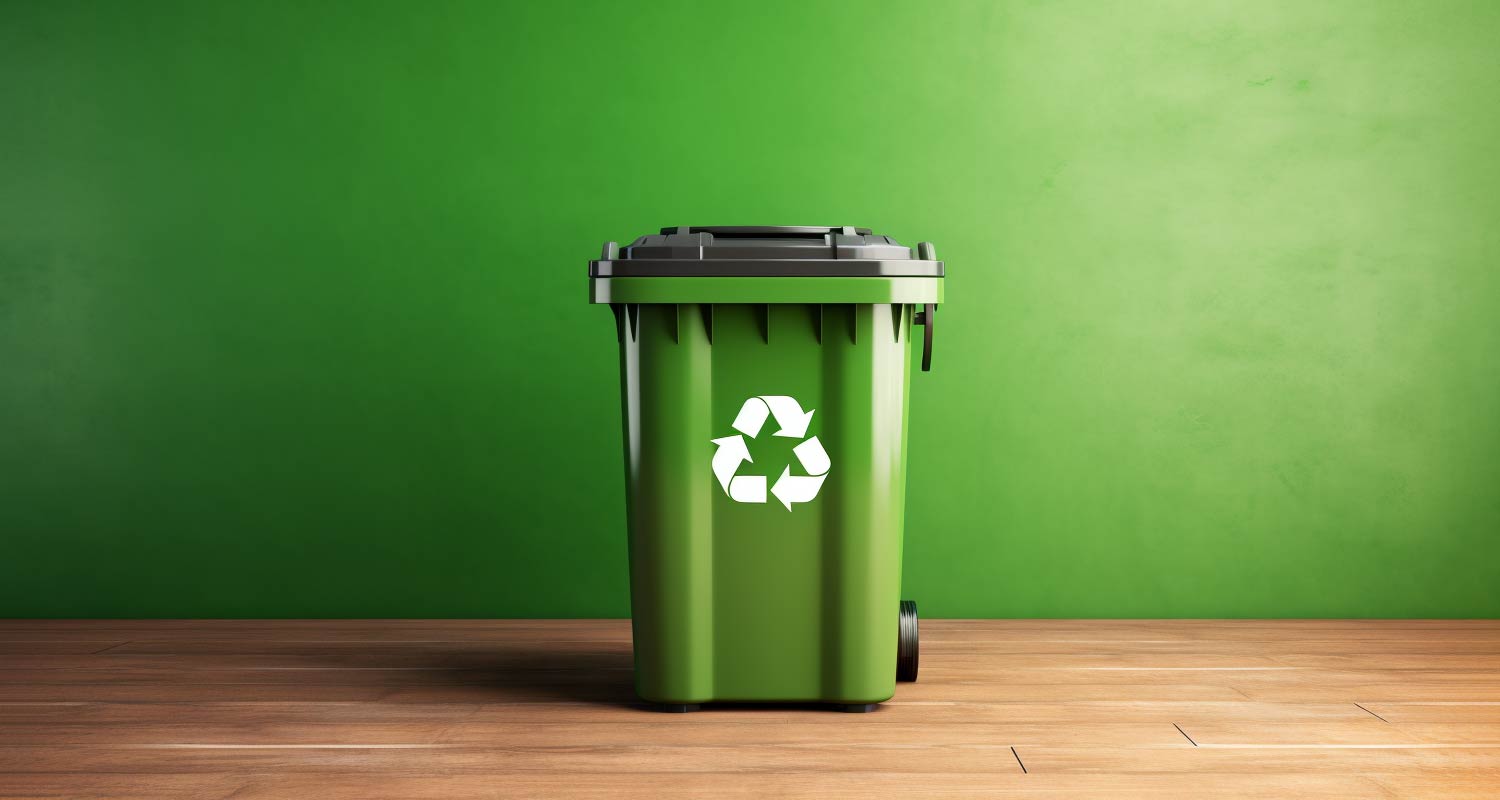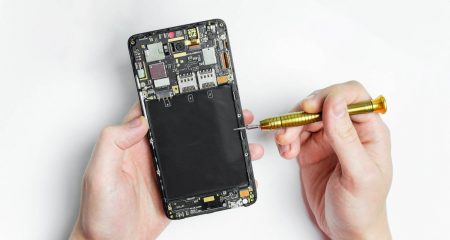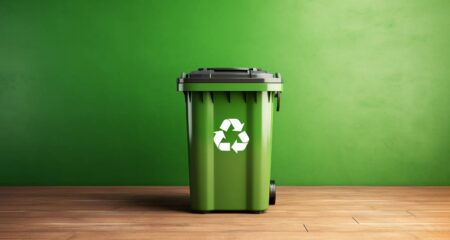 Thanks to load shedding and the steady move to electric mobility, batteries have become essential in South Africans’ lives.
Thanks to load shedding and the steady move to electric mobility, batteries have become essential in South Africans’ lives.
They keep homes and businesses running during load shedding, keep our phones topped up when we’re on the go, and increasingly they’re powering our cars, too.
But the country isn’t ready to deal with the requirement to recycle these batteries – and their hazardous components – at scale when they reach end of life, creating a potential environmental nightmare, industry experts have warned.
Hector King, power division product manager at communications and energy specialists Dartcom, said lithium batteries are a relatively new technology, and so many lithium batteries in use in South Africa are only now reaching end of life.
“Little thought has been given to what should happen to these batteries when they reach end of life,” he said.
“In contrast with lead-acid batteries, which are 98% recyclable, lithium batteries are not completely recyclable, and disposal is becoming a serious problem. There are virtually no disposal facilities locally and regulations around the disposal of lithium batteries are very rudimentary.”
In short, South Africa is ill-prepared to deal with the recycling of millions of batteries that will reach end of life in the coming years.
“As lithium batteries reach end of life, or are vandalised at cellphone tower sites, disposal becomes a real problem. End-of-life and vandalised lithium batteries are already starting to stack up in storage facilities,” King said.
Toxic materials
“When EVs become more widespread across the country, disposing of the inevitable flood of old EV lithium batteries will compound the challenge within a matter of a few years.”
According to Dartcom support and services manager Zubair Arbee, lithium batteries contain small amounts of toxic materials. “Once an end-of-life battery has been disassembled and shredded, these materials make up a powder called ‘black mass’. When the black mass reaches around 4t, it is shipped to specialised facilities in Europe for processing, as South Africa does not have the ability to process black mass.
Read: Massive SA grid battery project gets ‘preferred status’
“This recycling process can be costly. As a result, many organisations simply stockpile their end-of-life or vandalised lithium batteries. But as the number of used lithium batteries grows, there is an increasing risk of fire hazards and toxic chemicals seeping into groundwater.”
It’s not as if government isn’t aware of the problem, according to Patricia Schröder, CEO of Circular Energy, a “producer responsibility organisation” for the electrical and electronic equipment, lighting and lighting equipment, and paper and packaging sectors.
 “The department of forestry, fisheries & the environment (DFFE) has several polices to address these products at end of life. The waste classification regulations of 2013 restrict these products from landfill,” Schröder said.
“The department of forestry, fisheries & the environment (DFFE) has several polices to address these products at end of life. The waste classification regulations of 2013 restrict these products from landfill,” Schröder said.
“The recently published extended producer responsibility regulations (EPRs) obligate companies that import (new or used) or locally manufacture these products to be placed in the South African market to pay an EPR fee to a producer responsibility organisation to implement the product end-of-life waste management strategies and product take-back systems, which include collection, transport, recycling and treatment.”
However, success is dependent on companies in South Africa being compliant with these regulations. “At present, only a small percentage of companies are compliant, and further advocacy and DFFE enforcement is required. It is a criminal offence to be non-compliant.”
Schröder said non-compliance is a “major problem” for compliant companies, as it places them in an economic disadvantage. “Free-riding companies can sell their products cheaper due to not applying the added cost of EPR fee payment and this is creating an unlevel playing field in South Africa. It needs to be addressed urgently as compliant companies are losing business by doing the right thing.” — © 2024 NewsCentral Media




